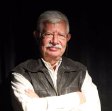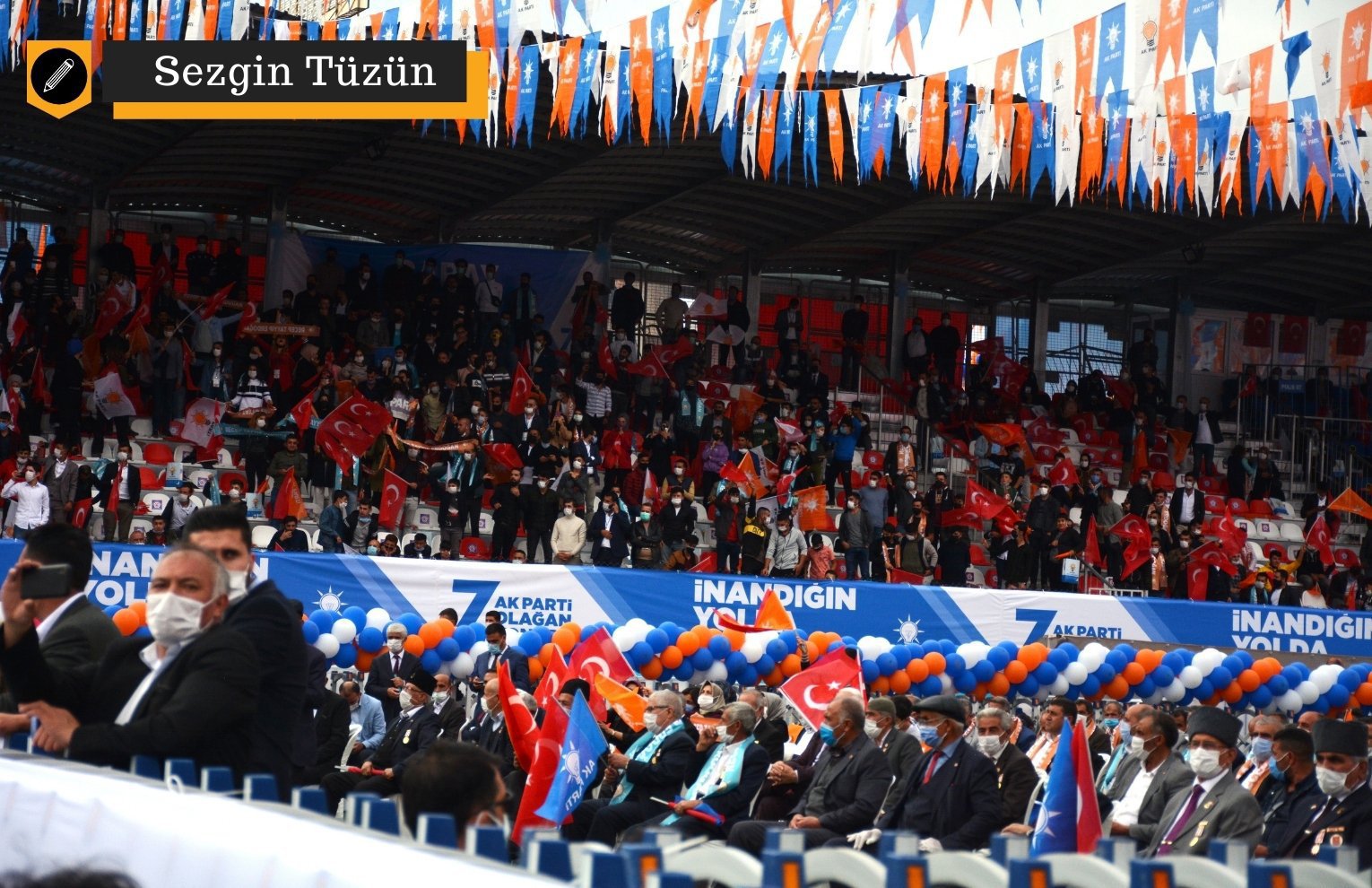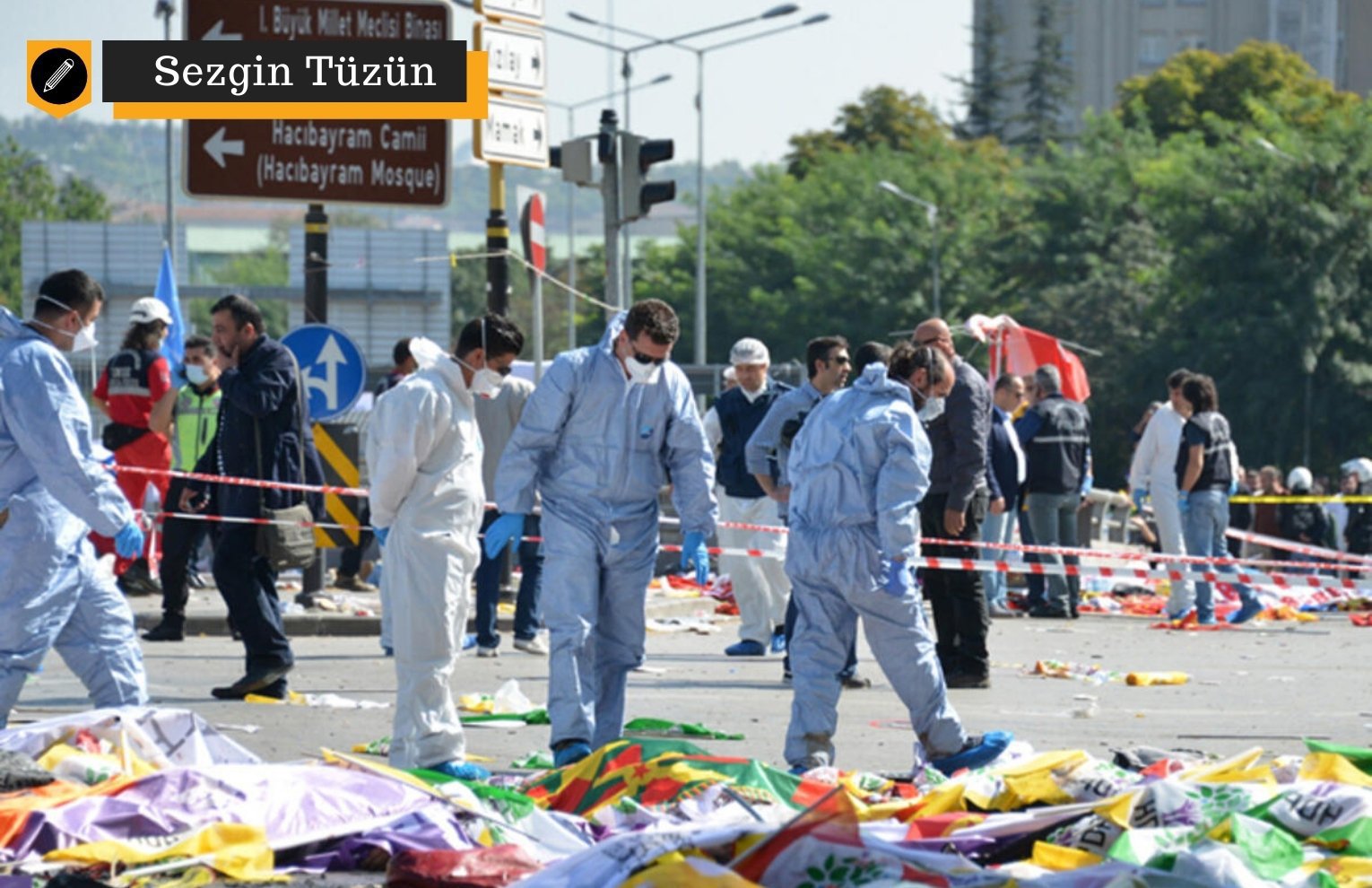Recep Tayyip Erdoğan and Abdullah Gül (Photo: AA/File)
Click to read the article in Turkish
After the closure of the Welfare and Virtue Parties, the reformist wing that had claimed to have taken off the "national vision" shirt of the Erbakan movement unexpectedly got the chance to form a government and come to power at their first election with the Justice and Development Party (AKP) they had formed.
This chance was then extended and stretched by changing partners or allies - more importantly, by making de facto situations legal, constitutional - and also became the basis of their pursuit of permanent power.
Shaping the country
While AKP was successively bringing out a number of MPs enough to stay in power alone and securing its place in the first three elections, the tables started to turn in the fourth. But this could not be happening and this is exactly why the election held in June 2015 was renewed with another election held within five months without AKP leaving its seat. Later on, the government system was changed, and another election was held less than three years after the elections, and the process of shaping the country continued.
The table below shows the ratio of the People's Alliance's votes that AKP and its recent partners (MHP and BBP) received from the total registered domestic voters, the level of voters' participation in the election, and the general distribution of the votes. The table displays the proportional distribution of votes from 2002 to 2018, with the last six (or I don't know if it would be more accurate to exclude the re-election and say five) general parliamentary elections, with the basis of registered voters.
After the visit to the US
After the Welfare and Virtue parties were shut down one after the other, two parties from Islamist nationalist origins, one traditional and the other reformist, were formed in 2011 and quickly became ready for the 3 November 2002 elections. The reformist one postponed the start of its election campaigns, as Turgut Özal always did before an election, after the banned-permitted leaders of the party (Erdoğan and Gül) visited the US. And this party, like Turgut Özal's party, came out as the winning and ruling party in the first general parliamentary elections that it had entered right after its establishment.
AKP, in fact, came out as the winning and ruling party from the 2002 elections but this result could have caused significant handicaps for a party with trained staff problems. However, the initial developments showed the opposite. Trained cadres of a pan-Islamist sect, the Gülen movement, whose leader lived in America, rushed to the aid of AKP [1]. Of course, during the Ecevit coalition period, Kemal Derviş's crisis and economic management flow and functioning, which was constructed in agreement with the IMF, contributed to the solution of AKP's problem to a large extent as well.
Islam and nationalism
The society, which had experienced major earthquakes and an economic crisis, started to support AKP stronger every day during the relative upward process it had entered after the elections. Here, the anchor of the European Union and the contribution of the liberals were strengthening the power of AKP, and the inflow of foreign capital to Turkey due to the abundance of money in the world economy was further strengthening this support. When it came to the 2007 elections, AKP had increased its vote by 12 points with the registered voter base. During the same period, votes for MHP, which had signed the decision to overthrow the Ecevit coalition, increased by more than 5 points and made MHP the party accompanying AKP in receiving voter support.
Rising Islam and rising process of nationalism. This process continued until the 2011 elections, but what had changed was that although the parties other than AKP started to gain votes, they remained below the rate of the increase in voters. In this respect, the 2011 elections can be regarded as the top point where AKP reached its own voter limit and the highest voter support level. Moreover, AKP's implicit partner MHP must have made this assessment just like AKP that after this election, the pan-Islamist Fetullah Gülen movement started to face criticism such as "we gave everything you asked for." At the same time, the internal conflicts of power and the intense signs of these disputes/conflicts started to reflect on the world of politics and communication.
"Democracy is a tram"
AKP has gone through several turning points. One of these is how the state of affairs reached in 2011 transferred into next years through internal feuds, and another one is the remembrance of Erdoğan's tram metaphor.
Erdoğan is a politician who has the idea that "Democracy is a tram, we go as far as we go and get off there" (Zülal Kalkandelen, Cumhuriyet Newspaper, 5 July 2020) and expresses this clearly. Erdoğan explains this view to Nilgün Cerrahoğlu in an interview on July 14, 1996, titled "Democracy is not an aim for us, it is a tool" and continues: "We are a society that has produced its own examples throughout history. We'll continue being like that tomorrow. Speaking on behalf of the Welfare Party in those years, explains their ideal of 'local change' as 'A change based on the root of the nation's soul, the basic values we refer to as the root of the nation's soul." He answers the question "Is Islam rooted in the soul?" by saying "Yes, it is an understanding based on Islam" (Nilgün Cerrahoğlu, "Dünya Erdoğan'a Kral Çıplak diyor" Cumhuriyet Newspaper, April 3, 2016). It would not be misleading to say that this understanding was behind the compensation of the lost June 2015 elections with the November 2015 re-elections.
June 2015 elections
In the June 2015 elections, AKP lost 8.3 points compared to the 2011 elections, while MHP gained 2.71 points and the other parties gained 4.97 points. The valid vote level of the election was also 1.26 points lower than the previous election. The natural consequence of this distribution of votes was that no party could reach the majority to form a government alone. In the election, AKP 258, CHP 132, MHP and HDP (Peoples' Democratic Party) won 80 deputies each and thus a four-party parliament was formed. Thus, AKP, which came to power alone with the 2002 elections, lost its chance to be in power alone with the June 2015 elections.
If it's not won, it should be repeated
MHP was the first to help AKP with the probabilities of the coalition government, and the former CHP leader Deniz Baykal with the issue of parliamentary speakership was the second.
Deniz Baykal wanted to become the chairperson of the parliament, while MHP was contributing to the opening of new horizons to AKP by closing its door to all coalition possibilities that excluded AKP.
Therefore, Erdoğan (who was elected President in 2014) assigned AKP chairperson Ahmet Davutoğlu with meetings not to form an exploratory government, and after 45 days of exploratory talks where even the "proposal to establish a joint government" was not recommended to the party that was met (CHP and its leader Kılıçdaroğlu), Erdoğan announced that the elections would be repeated on November 1, 2015. The June 2015 elections were not won as desired, so they ought to be repeated.
TOMORROW: Discussing where the votes that AKP had lost and then won in the June-November 2015 elections went and came from; The series continues with an article titled "Outbound Voters, Arriving Votes Off the Tram."
COMING TO POWER BY ELECTIONS AND NEVER LEAVING
1- The stones of power laid on the roads
[1] To remember and ease to make some connections, and to get an idea of the color and pattern of the national opinion shirt, a quote at this point can be a guide: "In 1950, when Senator McCarty started the 'communist witch hunt' in the USA, the Association for Fighting Communism was established in Turkey too. Among the founding staff of the association were...names such as Fethi Tevetoğlu, İhsan Darendelioğlu, and Bekir Berk, one of the students of Said Nursî, the founder of the [Islamist] Nur movement. Among the founders were Necmettin Erbakan's colleague Recai Kutan in the Diyarbakır branch of the association and Fethullah Gülen, also from the Nur movement, in the Erzurum branch." (Yetkin, Murat, "Meraklısı İçin Casuslar Kitabı", Doğan Kitap 2018, İstanbul, pp. 331-332)





.jpg)

.jpg)

.jpg)